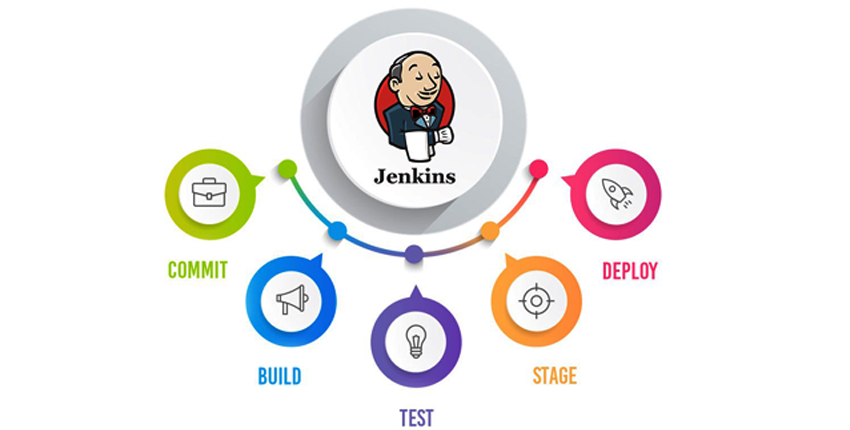
Jenkins is an open-source automation server widely used in the field of software development to facilitate the continuous integration and continuous delivery (CI/CD) of software applications. It plays a critical role in automating and streamlining the software development and deployment processes.
What is Jenkins and Why You Should Use It
Jenkins is a powerful open-source automation server that has become an indispensable tool for software development teams across the globe. It plays a pivotal role in modern software development by enabling the automation of repetitive tasks, ensuring the consistent and reliable delivery of software, and promoting collaboration among development and operations teams. In this article, we'll explore what Jenkins is and why it's a must-have tool for any organization involved in software development.
What is Jenkins?
Jenkins is an open-source automation server that facilitates the automation of building, testing, and deploying software applications.
Key Features and Functions:
-
Continuous Integration (CI): Jenkins allows developers to integrate code changes into a shared repository on a frequent basis, automating the process of code validation and testing. This ensures that the codebase is continuously integrated and that issues are identified early in the development cycle.
-
Continuous Delivery/Continuous Deployment (CD/CD): Jenkins supports the automated delivery and deployment of software, allowing teams to release new features or updates to end-users in a seamless and controlled manner.
-
Extensibility: Jenkins is highly extensible, thanks to its extensive plugin ecosystem. Developers can add a wide range of plugins to tailor Jenkins to their specific needs, enabling integration with various tools, services, and platforms.
-
Scalability: Jenkins can scale to accommodate projects of all sizes, from small startups to large enterprises. It can distribute workloads across multiple nodes, making it suitable for parallel processing.
-
Monitoring and Reporting: Jenkins provides detailed monitoring and reporting capabilities, allowing teams to track the progress of builds and deployments, identify issues, and generate reports for analysis and improvement.
Why Use Jenkins?
-
Efficiency and Speed: Jenkins significantly accelerates the software development process. By automating repetitive tasks, it reduces the manual effort required for building, testing, and deploying software. This leads to faster development cycles and quicker time-to-market.
-
Consistency: Jenkins ensures consistent and reproducible builds and deployments. This consistency reduces the risk of human error, leading to higher software quality and reliability.
-
Collaboration: Jenkins promotes collaboration among development and operations teams. It provides a centralized platform where teams can work together, share information, and address issues in a coordinated manner.
-
Cost-Efficiency: As an open-source tool, Jenkins is cost-effective, making it accessible to organizations of all sizes. There are no licensing fees, and the large community of users provides ample support and resources.
-
Customization: Jenkins is highly customizable. It can be tailored to the specific needs of your development environment, thanks to its vast plugin ecosystem.
Conclusion: Jenkins is a crucial tool in the modern software development landscape. Its ability to automate, streamline, and enhance the software development and delivery processes makes it an invaluable asset for organizations aiming to develop high-quality software efficiently and consistently. By leveraging Jenkins, development teams can save time, reduce errors, and ultimately deliver better software to their users.
